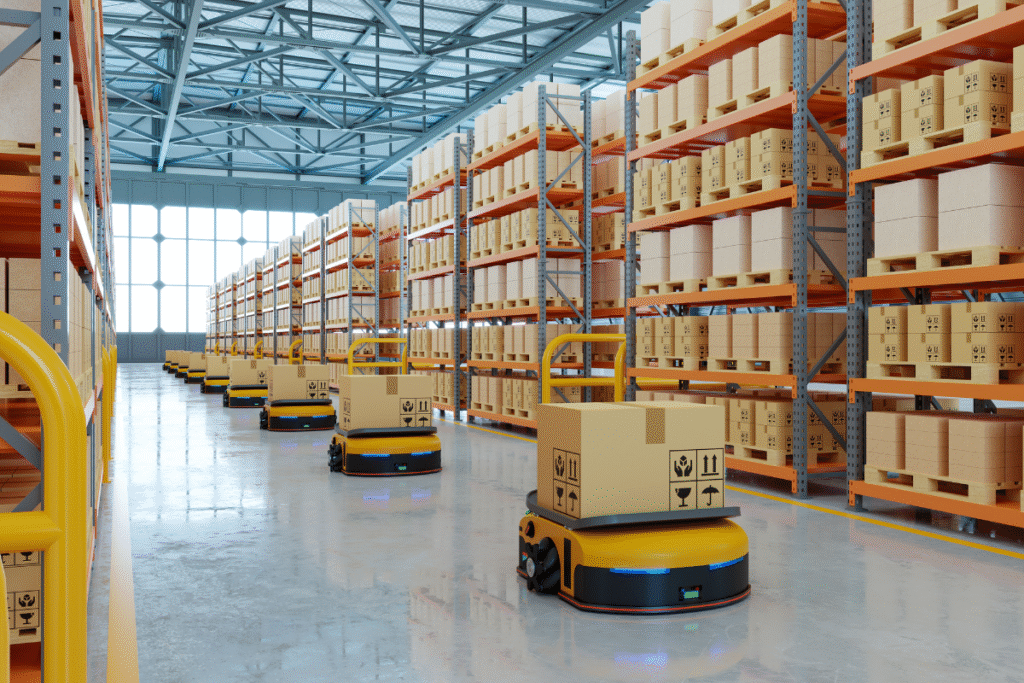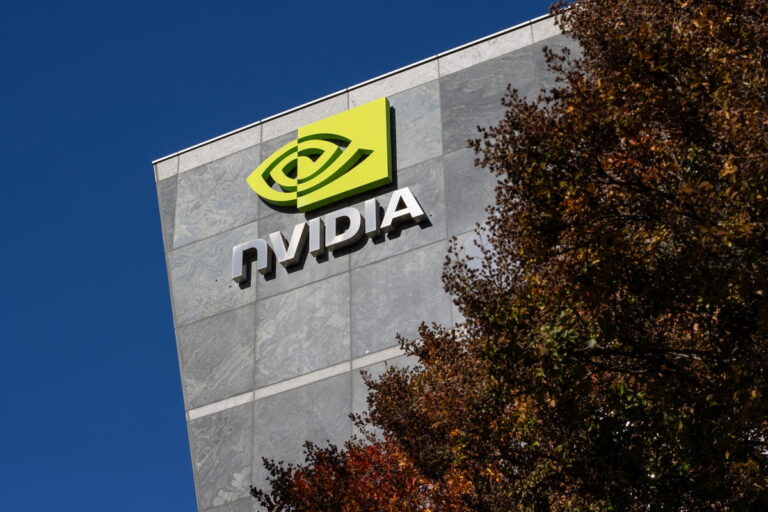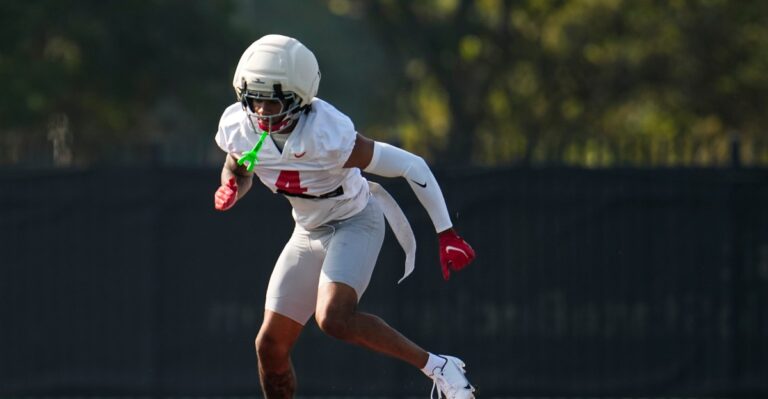
Eroski’s €3M ‘Autostore’ uses robots like these to speed up logistics. Credit: vanitjan
While some supermarkets are cutting corners in order to survive 2025, Eroski is doing the complete opposite. The Basque retailer has committed to a substantial €100 million investment in digital tools, automation systems, and AI models, all aimed at streamlining their operations and challenging Lidl’s growing dominance. It includes more than robots and algorithms: They are redefining how Spanish supermarkets work from the warehouse to the checkout.
Robots in the warehouse
In June 2024, Eroski’s €3 million investment was one of its boldest moves yet, as it integrated a robotic system called Autostore, rather than hiring more staff for the warehouse, like Mercadona does during peak summer. The Basque retailer deployed a grid of automated robots to handle product orders more efficiently and reduce overall overhead.
The goal was to expedite logistics while reducing long-term costs. A move that fits into their broader shifts towards digitalisation and automation. CEO Rosa Carbel called it a “shared success that improves both the shopping experience and a sustainable future”. And that is just the beginning.
Cutting costs without cutting corners
Unlike its rivals, which are slashing headcounts to survive inflation and wage pressures, Eroski is doubling down on internal efficiency by cutting indirect costs, refining its store operations, and optimising without compromising service.
These ongoing initiatives are helping soften the blow of rising expenses, especially when it comes to wages. The aim is to maintain competitiveness while avoiding drastic cuts that affect the customer experience. And while Lidl leads in market share, Eroski recognises that efficiency alone will not be enough.
The €100 million technological leap
In 2025, Eroski plans to invest a total of €100 million in technology aimed at enhancing every aspect of its operations. From smarter pricing to personalised offers, the retailer is banking on those tools to transform how it competes.
And that focus is not just internal. Eroski wants its customers to feel the difference with faster service, better deals, and more personalised, tailored shopping. It is technology with a purpose, boosting performance and customer satisfaction.
Eroski’s €100 million investment marks more than just a digital upgrade; it is a statement of intent. In a market dominated by Lidl’s efficiency and scale, Eroski is betting on smart innovation in automation and a customer-centric approach to stay competitive and provide customers with a new shopping experience.







